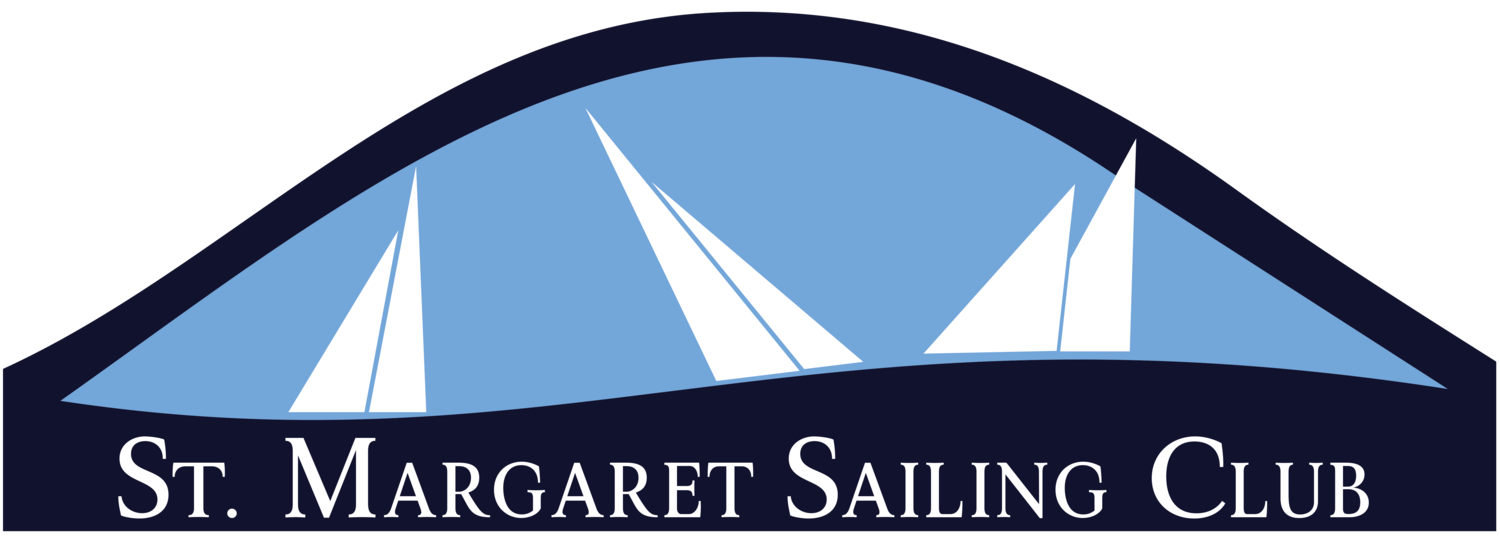Dispute Resolution
Policy Adopted July 11th, 2017
Purpose
1. The purpose of this policy is to enable disputes between St Margaret Sailing Club (SMSC) and its members, between SMSC and clients, suppliers or stakeholders, and between SMSC members to be resolved without recourse to formal legal procedures.
2. This policy does not apply to:
a. Matters involving discipline of members, which is subject to another policy
b. Matters involving sailboat races which are subject to processes in The Racing Rules of Sailing and Sail Canada’s prescriptions thereto,
c. Employment matters, or
d. Contractual matters where another dispute resolution process exists under the terms of the contract.
Principles
3. This policy conforms to the principles of natural justice and procedural fairness:
a. The right to be heard in a dispute
b. The right to be judged objectively and impartially
c. The right to be judged by objective, impartial persons.
Scope
4. Anyone identified in paragraph 1 of this policy affected by a decision of Board of Directors of SMSC, of a Committee of SMSC, of a volunteer or employee of SMSC (‘agent’) who holds delegated authority to make decision on behalf of SMSC or its Board of Directors will have the right to appeal that decision provided there are sufficient grounds for appeal, as follows:
a. A decision made by SMSC or its agents without authority or jurisdiction
b. A decision made contrary to by-laws or approved policies of SMSC
c. A decision made under the influence of bias, where bias is defined as lack of neutrality to such an extent that the decision-maker is unable to consider other views or that the decision was made on the basis of, or significantly influenced by factors unrelated to the merits of the decision
d. A decision made where the agent exercised discretion for an improper purpose
e. A decision that was grossly unreasonable or unfair.
Timing
5. Parties wishing to appeal a decision of SMSC or its agents will have 15 days from the date they received notice of the decision to submit their appeal in writing to SMSC, attention the Commodore. Appeals submitted after 15 days must be accompanied by a written request for extension stating reasons for an exemption to the 15 day requirement.
Appeal and Dispute Resolution Procedures
6. The Commodore (or the Vice-Chair or another Director of the Board of Directors if actions of the Commodore are the subject of the complaint) will in the first instance determine whether there are appropriate grounds for appeal, per paragraphs 4 and 5. Should there be doubt of grounds or not, it shall be presumed that there are grounds.
7. Upon determination of appropriate grounds, the Commodore (or the Vice-Chair or another Director of the Board of Directors if actions of the Commodore are the subject of the complaint) :
a. May refer the complaint to original decision-maker to determine whether reconsideration of the original decision is appropriate or feasible
b. May appoint an individual to liaise with the party appealing to determine whether reconsideration of the original decision is appropriate or feasible, and may delegate authority to that individual to make alternative decisions, where appropriate
c. May take the complaint to the Board of directors for its consideration as a committee of the whole, or
d. May establish a panel of three persons (one appointed by SMSC, one appointed by the complainant, and one appointed jointly as panel chair by the two other appointees) to determine whether reconsideration of the original decision is appropriate or feasible, and may delegate authority to that panel to make alternative decisions, where appropriate.
8. Regardless of the option selected in paragraph 7, the individual or group charged with resolution shall conduct its activities with time of the essence and shall report the results of its activities, be they recommendations or actions, in writing to the Commodore for the attention of the Board of Directors.

